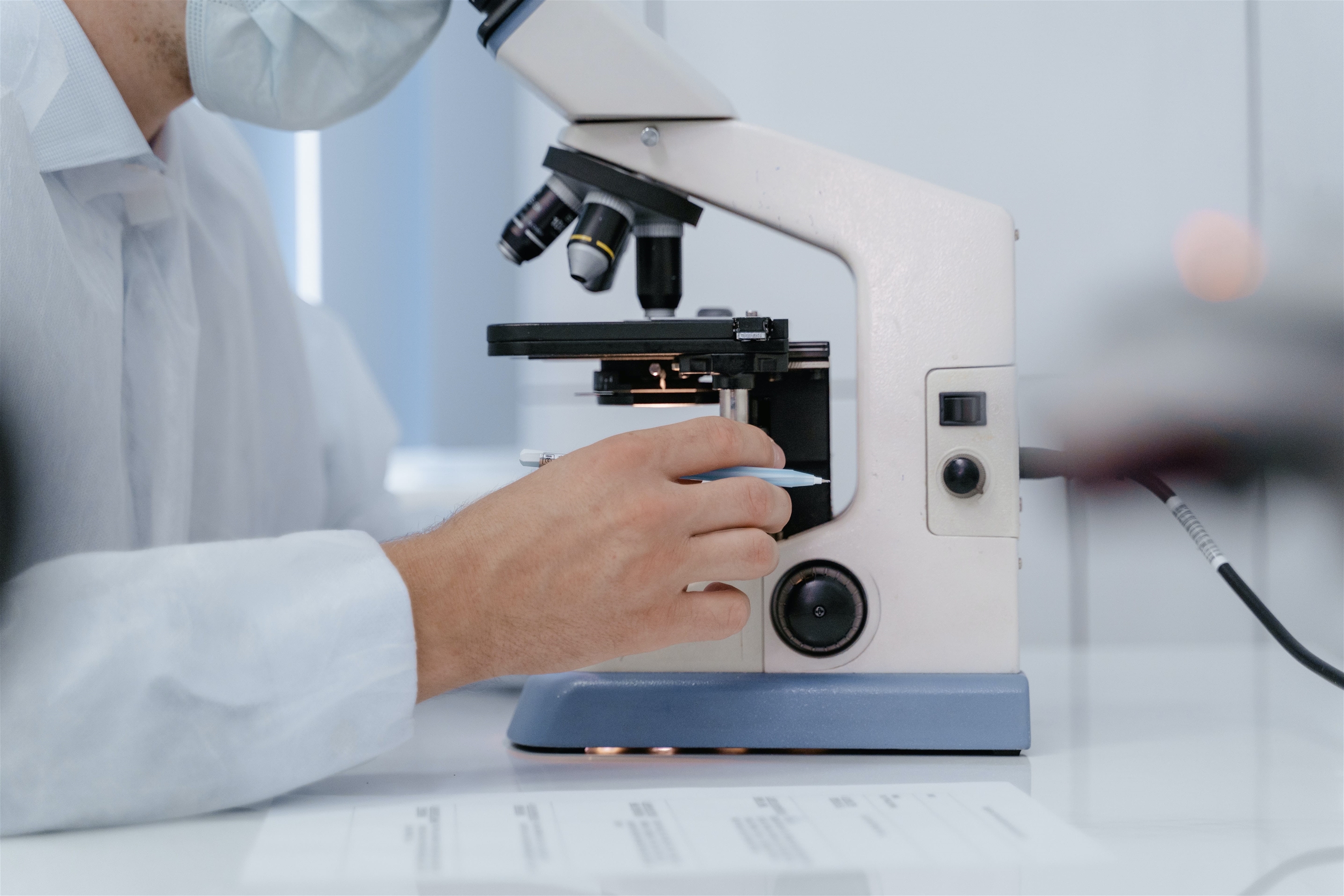Biotechnology: the revolution in biotech start-ups and SMEs
Biotechnology plays an essential role in improving our lives and also the environment. Thanks to biotechnology, more targeted treatments and methodologies have been developed for cancer treatment, but not only. Currently about half of all new drugs and therapies in development for the near future are biotech (Source: Assobiotech/Federchimica).
Biotechnology also represents one of the main sources of innovation for the bio-economy, understood as a system that utilises terrestrial and marine biological resources as well as waste for their use in full circular economy logic.
Let's be clear: what do we mean by Biotech?
These are technologies that can be used to develop products and processes that make an important contribution to health, environmental care, agriculture, food and sustainable development.
In short, they help translate the slogans or sustainable policies that we often hear pronounced but whose application we sometimes struggle to see.
Biotechnology and economics: a rising tandem
In Italy alone, there are 700 biotech companies and they are able to generate total investments of almost EUR 2.5 billion: specifically, those in biotech R&D account for 3.4% of the specific investments made by the entire national production system.
The Italian context, as one would expect, is populated for 80% by micro (1-9 employees) and small (10-49) companies: a clear difference with more structured realities abroad. To explain this, it should be emphasised that the emergence of bio-start-ups is recent: set up at the end of 2012 with the 'bis' Growth Decree, they are registered as steadily increasing, despite the fact that the sector represents a niche sector among innovative start-ups, accounting for only 1.3% of national companies.
A few examples: Wise, based in Milan and Berlin, makes special biocompatible electrodes used for pain therapy, but with potential uses for wearable devices, as well as optics and even aerospace; Kither Biotech is a spin-off company of the University of Turin specialising in the development of new drugs for the treatment of chronic inflammatory diseases.
Sectors of Italian excellence in biotechnology
• With over two billion in turnover, Italy's biotechnology companies boast several areas of excellence: one example is biorefineries. Some of the Italian ones are among the most innovative in the world, including the biobutanediol plant in Veneto or the second-generation bioethanol plant in Piedmont.
• By exploiting the metabolism of bacteria and other micro-organisms, for instance, new biomaterials and biofuels can be obtained from organic waste, or innovative services for waste management and environmental decontamination (bio-remediation), as well as for the restoration and preservation of artistic heritage, can be brought to the market.
• Thanks to specific processes known as enzyme catalysis, many traditional industrial processes, from paper and leather-textile to cosmetics and detergents, can also be upgraded, increasing their efficiency in terms of environmental sustainability as well as optimising costs.

